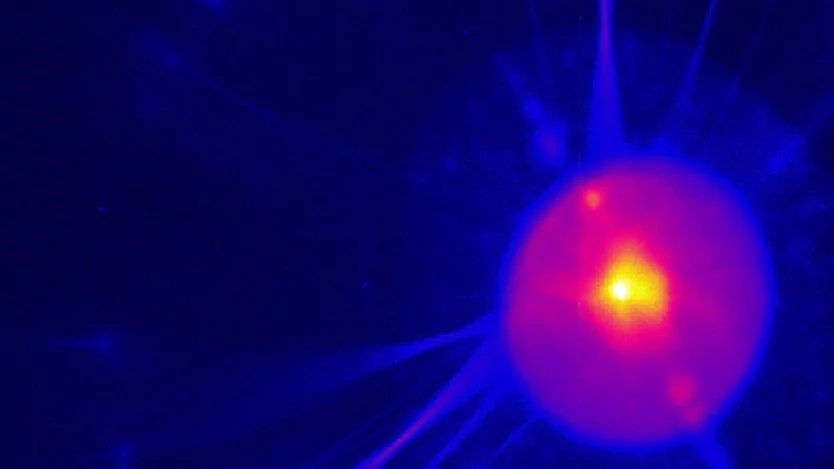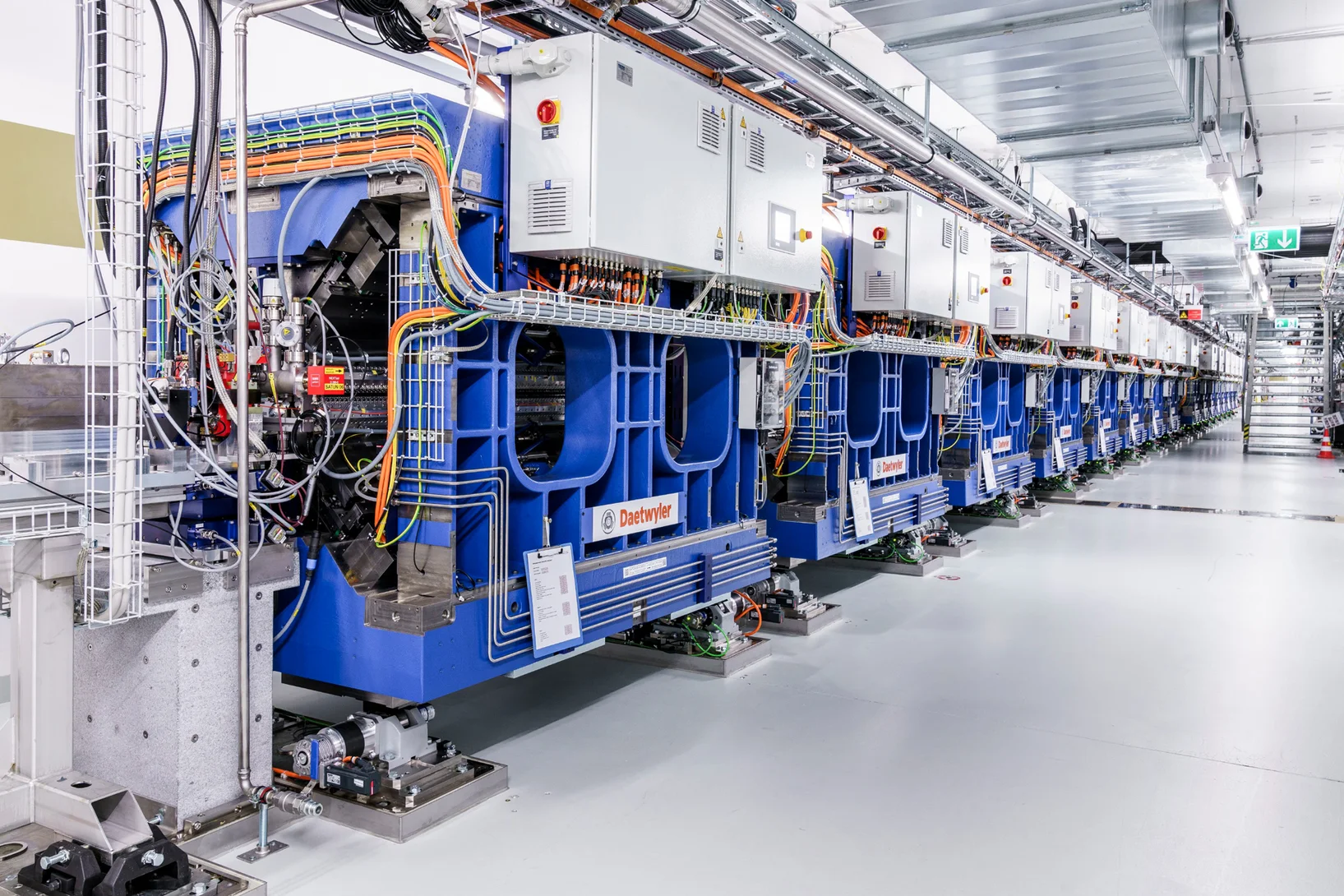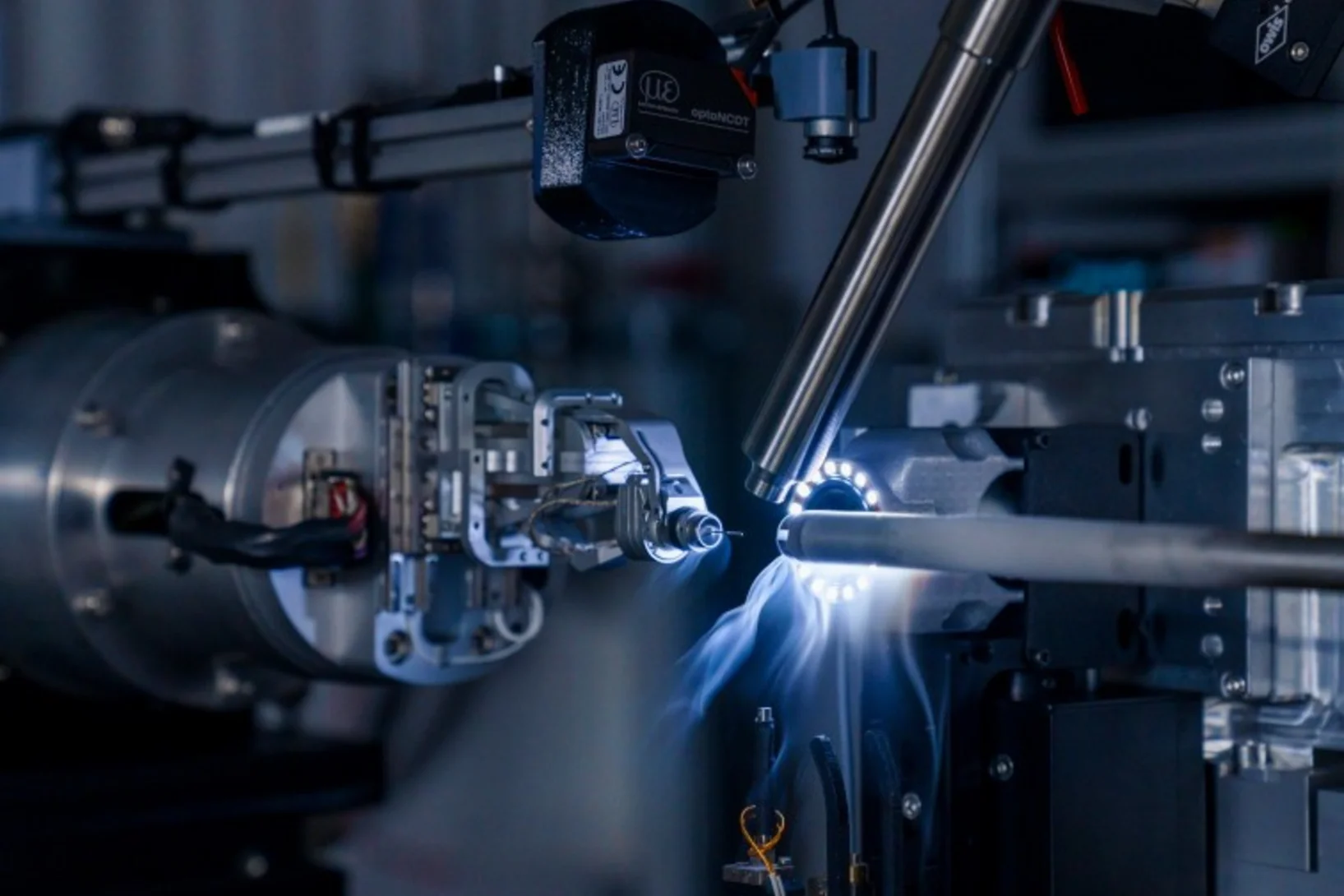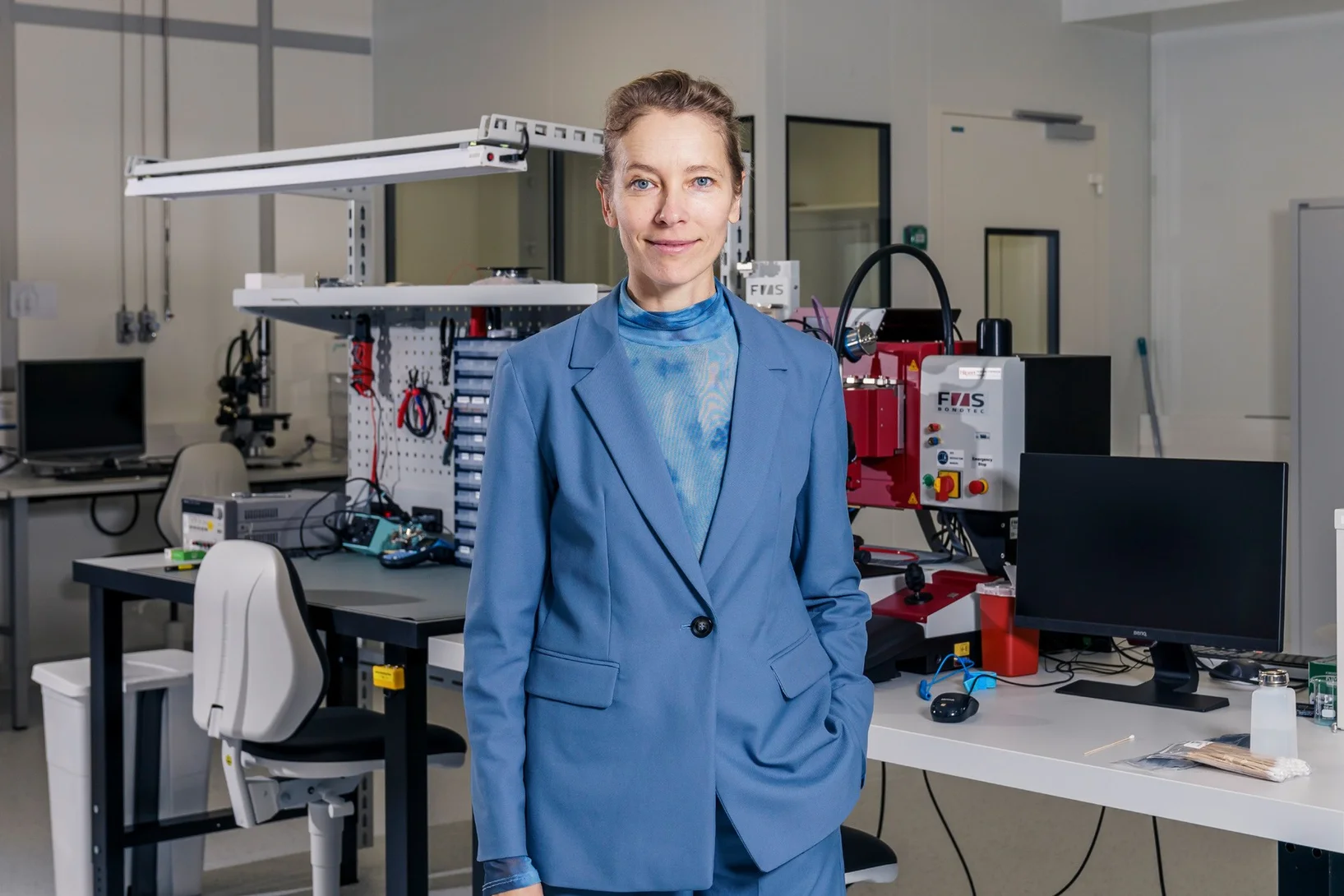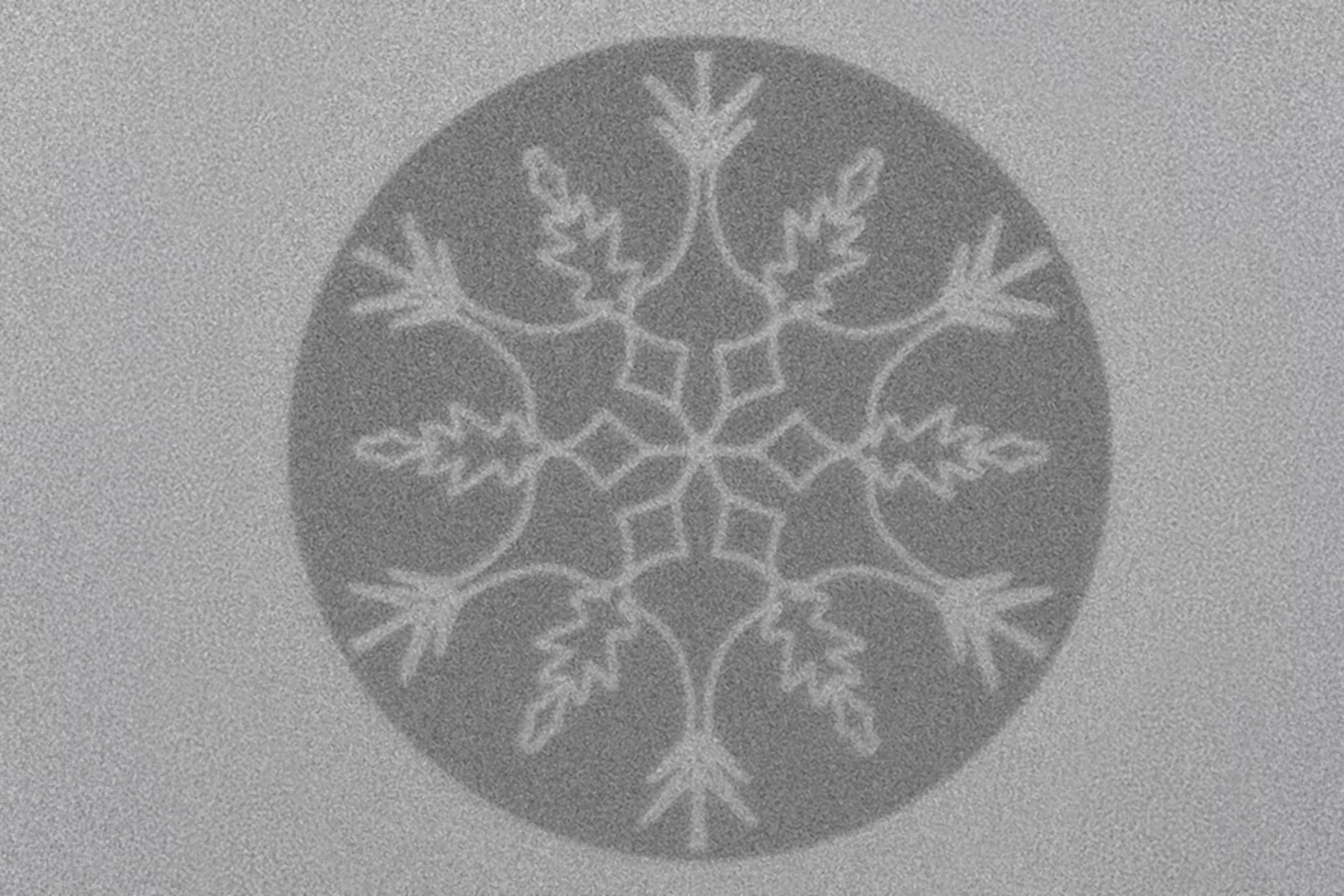A nucleation point of PSI competences towards the quantum technology initiative.
PSI's expertise in the study of quantum matter and engineering of nanoelectronics is directly connected to the availability of world-class large-scale facilities, such as the SINQ neutron and SµS muon source, the SLS synchrotron and the SwissFEL x-ray free-electron laser.
The Quantum Technology Collaboration at PSI (QTC@PSI) serves as a platform to coalesce key competences and know-how (imaging, spectroscopy, sample synthesis, nanofabrication and theory) that will lead to the development of components required to implement quantum technology in everyday life. Critical expertise in nanofabrication, optical amplifiers & microwave technology, metrology, cryogenics & magnet engineering, as well as detector technology exist at PSI today. This combination of scientific excellence in materials science and quantum materials along with the technological know-how and large scale facilities means PSI is uniquely positioned to make significant contributions to the quantum revolution that now is unfolding worldwide.
Latest News
Surgery for quantum bits
Researchers show how quantum operations can be carried out while actively correcting errors – a key step toward reliable quantum computers.
Swiss X-ray laser reveals the hidden dance of electrons
New X-ray technique at SwissFEL shows how electrons act together – with the potential to show why quantum information slips so easily away.
Synchronising ultrashort X-ray pulses
Attosecond coherent pulses at SwissFEL will open new experimental possibilities
Kelvin: The low-temperature scale
The art of engineering means, first of all, the skill required to design and manufacture devices that enable top technical performance. This gallery shows, in five pictures, that this term can also be understood differently if the devices are regarded as works of art with their very own aesthetic, apart from their actual function.
“Collaboration is particularly important in quantum research”
PSI researcher Kirsten Moselund talks about quantum technologies – about their importance and the current situation in Switzerland. And about her own research in the field of nanophotonics.
Laser draws made-to-order magnetic landscapes
Researchers at PSI have found a surprisingly inexpensive and fast method to make localised alterations in magnetic materials.
